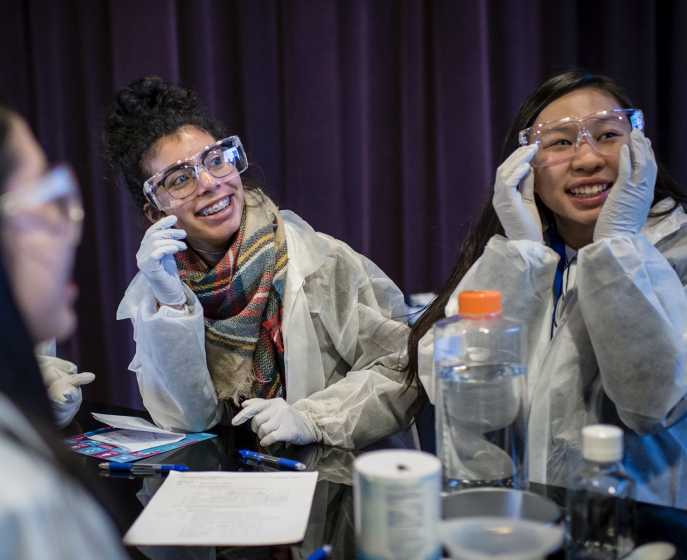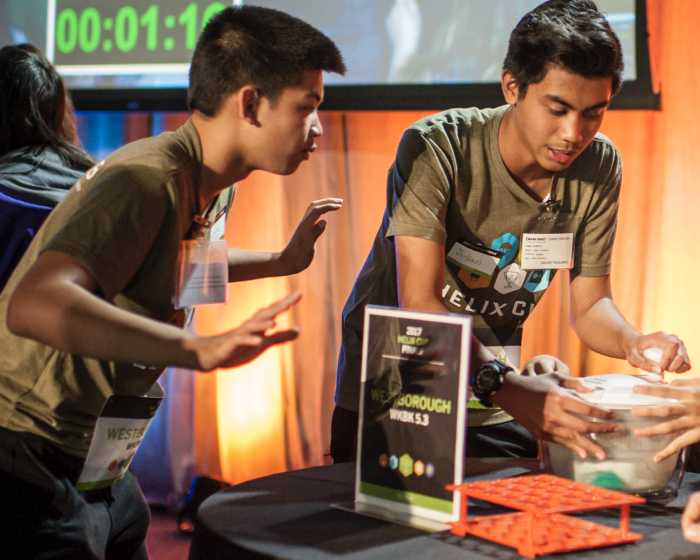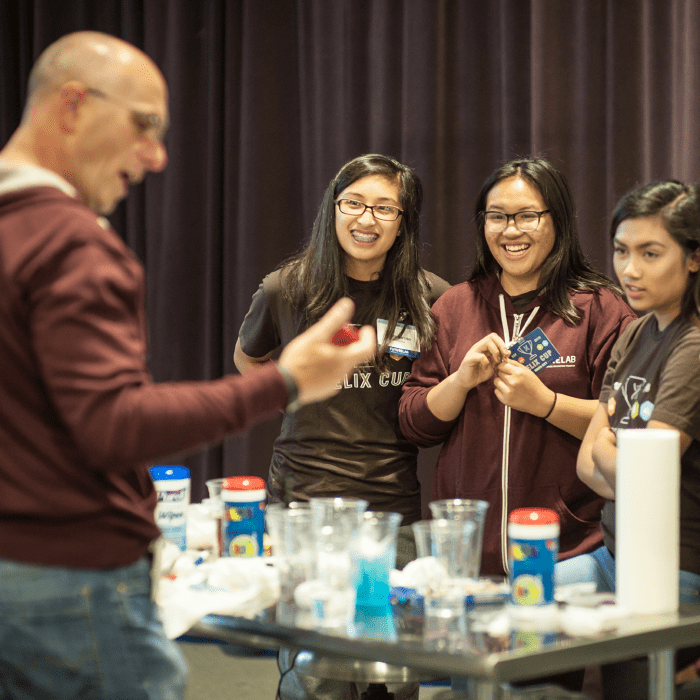
Instructional Support
Through this collection, educators are equipped with strategies to engage students from diverse racial, ethnic, and cultural groups providing them with quality, equitable, and liberating educational experiences that validates and affirms student identity. Units are designed to be problem-based and focus on workforce skill development to empower students with the knowledge and tools to be change agents in reducing health disparities in communities. The instructional supports below allow educators to take a deep dive into the diverse strategies and practices employed within this collection.

Culturally and Linguistically Responsive Instruction
Culturally and Linguistically Responsive Instruction is an approach that leverages and utilizes the culturally diverse instructional strategies and practices. These practices allow students to leverage their strengths and culture in the classroom in order to make instruction more effective and relevant.
Connection to the Product Life Cycle
Aligned to industry standards, this collection of lessons embeds the phases of the Product Life Cycle throughout the units. There are four phases involved in the Product Life Cycle of Medicine: discover, develop, manufacture and commercialize. As students discover more about the Product Life Cycle, they will also learn about the careers associated with each phase of development.

Computational Thinking Practices
Computational Thinking is formalized problem solving using a set of strategies to analyze a problem and develop innovative solutions. It takes into account 21st century technology and overlaps it with key strategies to look at a problem systematically, develop a way to tackle it, and work toward a solution. By teaching students to solve problems in a way that a computer or human could understand, we equip them with the ability to think critically and translate their understanding to multiple scenarios and situations.

Social-Emotional Learning
Social-Emotional Learning is an approach to education that factors students’ emotional wellbeing into the process of academic and personal growth. Futurelab+ curriculum resources are aligned to and embedded with the core SEL competencies created by The Collaborative for Academic, Social, and Emotional Learning (CASEL), in order to facilitate the most engaging and equitable learning experiences possible for all students.


Advancing Inclusive Research
Genentech is working to alleviate health disparities and access to clinical trials. Their Advancing Inclusive Research initiative helps more patients of color access potentially life-saving clinical trials and providing the scientific community with a greater diversity of data. By collecting as much data from diverse populations, drug manufacturers can better develop drugs that work for everyone.
Standards Alignment
Instructional resources are aligned to national standards to modernize and authentically engage students in everything from patent research and drug discovery to highlighting relevant skills and careers.
NGSS
The Next Generation Science Standards (NGSS) are K–12 science content standards. Standards set the expectations for what students should know and be able to do. The NGSS were developed by states to improve science education for all students.
CTE Biotechnology Pathway
The Career Technical Education (CTE) Model Curriculum Standards publication is organized for use as a complete document or for access to individual industry sectors and pathways. The document includes Standards for Career Ready Practice—which describe the knowledge and skills that students need prior to entering a career technical education program—as part of the career technical education sequence or as integrated elements of other course work in preparation for careers and college.
